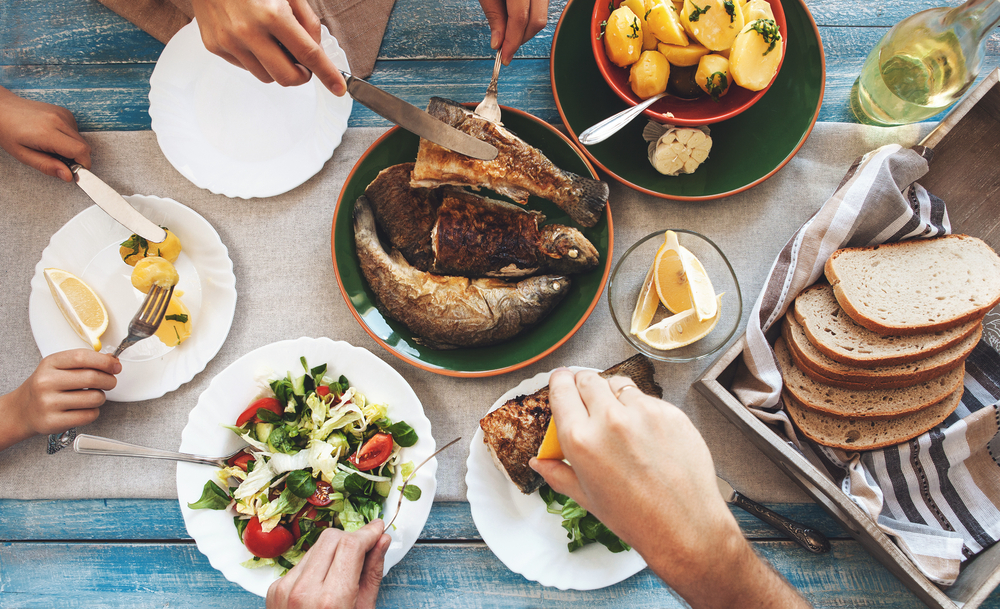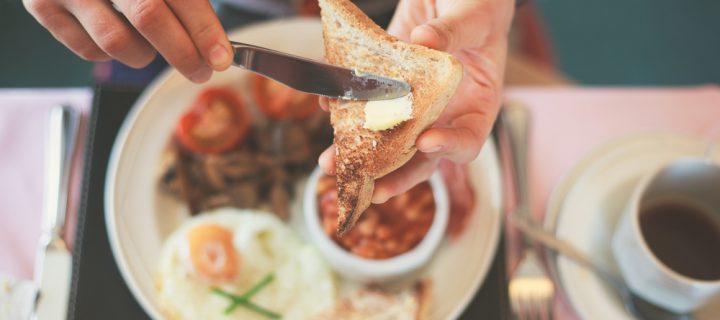Changing your meal times could be the answer to significant weight loss, a new report suggests.
According to a 10-week study into “time-restricted feeding” led by the University of Surrey, meal times can have a significant impact on body composition.
The study involved participants splitting into two groups: A control group who ate their meals as they normally would, and another group who ate their breakfast 90 minutes later than normal, while also eating their dinner 90 minutes earlier.
The results showed that those who stuck to eating within a specific window lost more than twice as much body fat on average than the control group.

They also found that 57 per cent of the participants recorded a reduction in their food consumption, thanks to decreased appetite or reduced snacking as a result of the time periods they were allowed to eat.
Having said that, over half of the participants stated that they wouldn’t be able to maintain the lifestyle of restrictive eating times due to family and social responsibilities.
Related: This is How to Breakfast, Says Science
“Although this study is small, it has provided us with invaluable insight into how slight alterations to our meal times can have benefits to our bodies,” explains lead author Dr Jonathan Johnston, reader in chronobiology and integrative physiology at the University of Surrey.
“Reduction in body fat lessens our chances of developing obesity and related diseases, so is vital in improving our overall health.
“However, as we have seen with these participants, fasting diets are difficult to follow and may not always be compatible with family and social life. We therefore need to make sure they are flexible and conducive to real life, as the potential benefits of such diets are clear to see.
“We are now going to use these preliminary findings to design larger, more comprehensive studies of time-restricted feeding”.
Photo Credit: Lolostock/Shutterstock.com; Soloviova Liudmyla/Shutterstock.com












